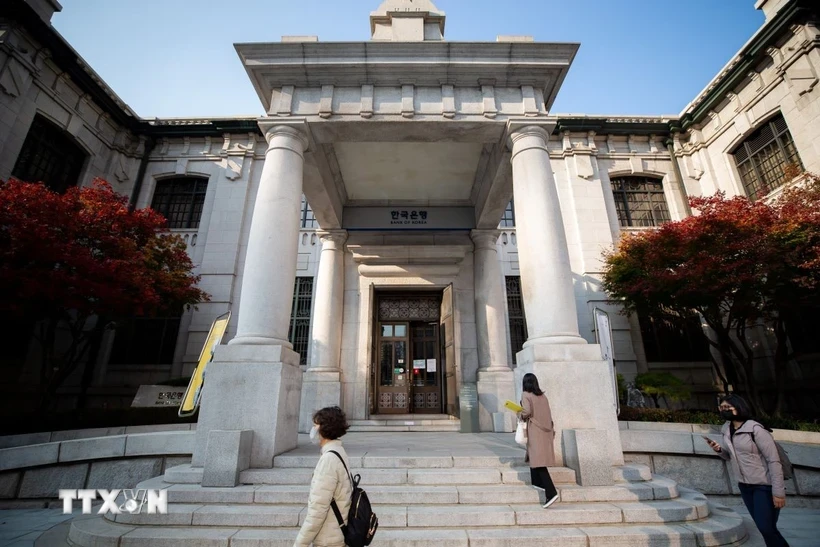
Headquarters of the Bank of Korea in Seoul. (Photo: THX/TTXVN)
South Korea will lift a 14-year-old rule that bars domestic institutions from investing in so-called “Kimchi bonds” issued for the domestic market.
The move is aimed at improving foreign exchange liquidity and easing pressure on the won.
The Bank of Korea (BoK) said it will completely lift restrictions on foreign currency debt instruments issued by domestic institutions, known as Kimchi bonds, starting June 30. The change will allow financial institutions with foreign exchange-related businesses to freely purchase such debt instruments.
However, Kimchi bonds issued privately (sold to a small group of selected investors, rather than being offered to the public) continue to be prohibited under the old regulations. The reason is that this form of private issuance is less transparent, easily creating "legal loopholes" that can be exploited to circumvent the law or pose risks to the financial system.
The BOK said in a press release that the measure is expected to help address the imbalance in foreign exchange supply and demand by improving foreign exchange liquidity and easing pressure on the weakening won. The move will also help develop the domestic capital market by activating the Kimchi bond market, the statement added.
The restriction was first imposed in 2011, amid concerns by policymakers that excessive investment by domestic institutions in foreign currency debt instruments could increase short-term foreign debt.
The change comes as the government seeks to stabilize the foreign exchange market, expand domestic capital mobilization options, and strengthen Seoul's position as a regional financial center./.
Source: https://baolangson.vn/han-quoc-cho-phep-dau-tu-vao-trai-phieu-kimchi-sau-14-nam-co-lenh-cam-5051750.html
























































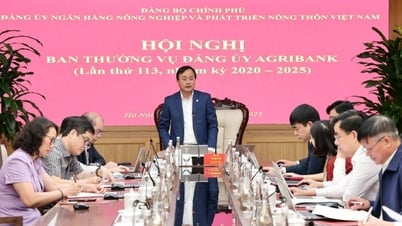



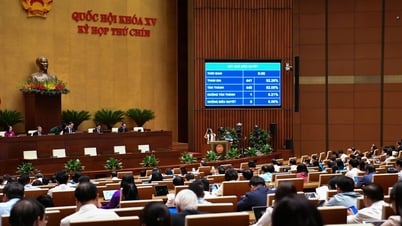







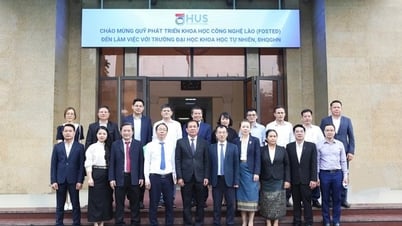











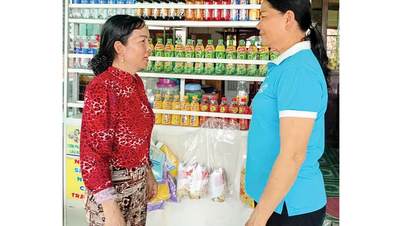





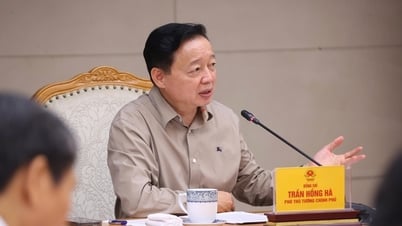
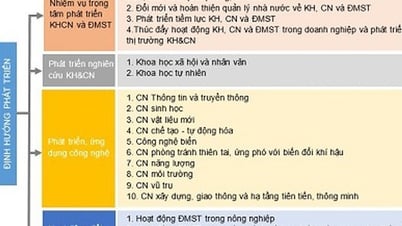


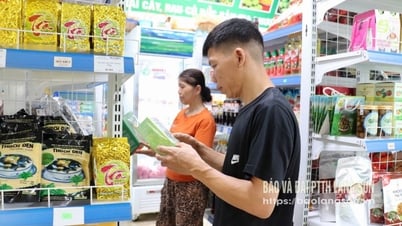

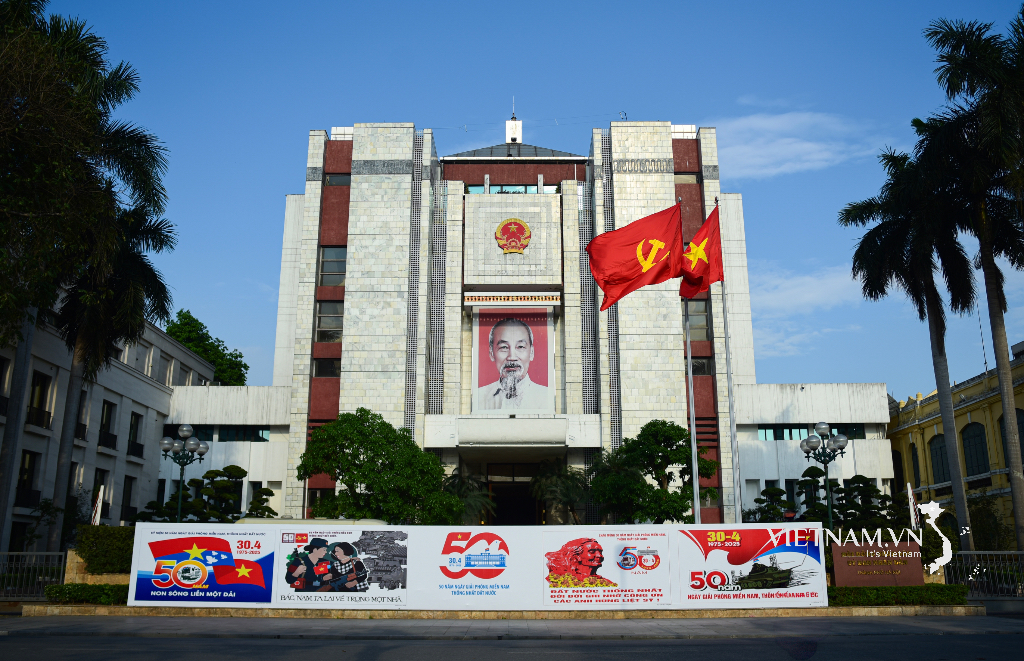



Comment (0)